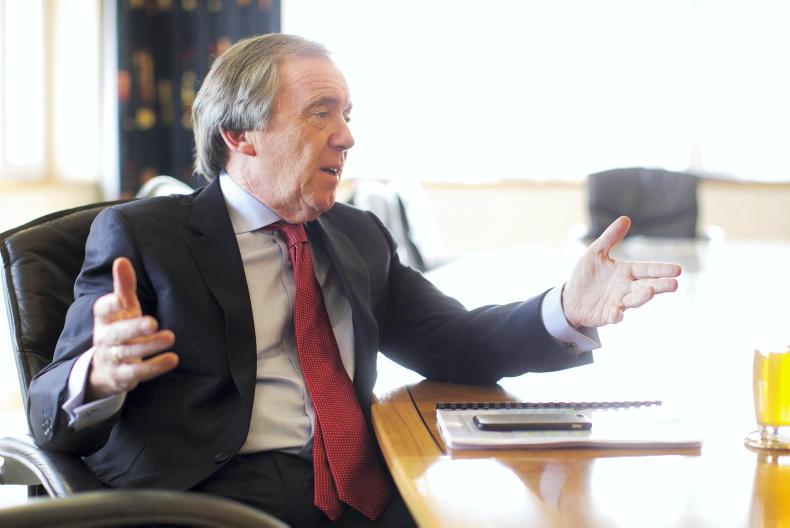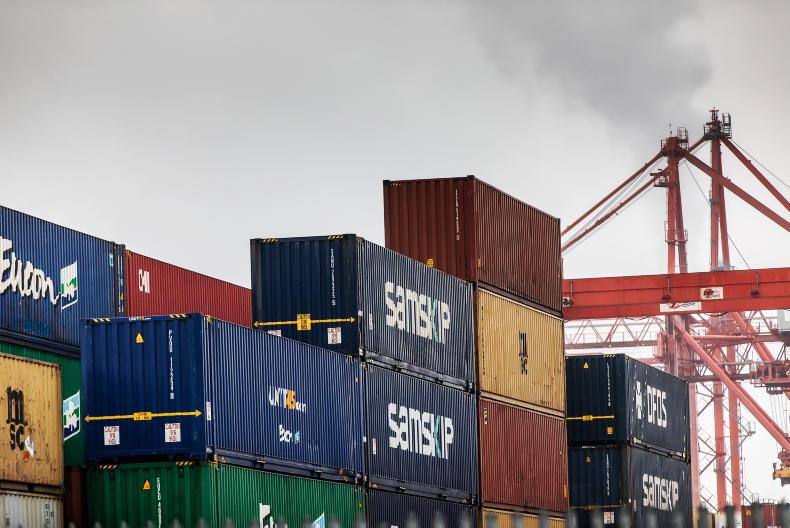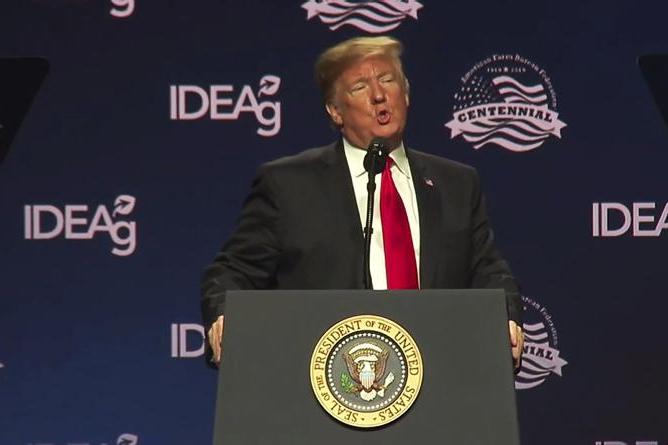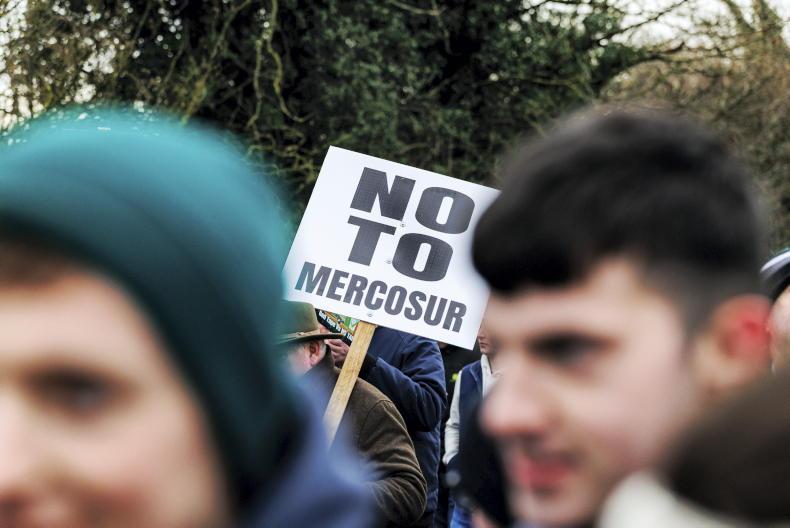When Joe Biden becomes the 46th president of the US in January, many will look to a rebooting of relationships with the US including Irish farmers. President Trump had a major issue with countries and regions that exported more to the US than they imported. China was at the top of this list but the EU was on it too and, on several occasions, tariffs were threatened before being imposed following the WTO ruling in favour of the US in the Boeing–Airbus dispute. This led to the US imposing a range of tariffs including 25% on dairy imports from the EU, a cost to the Irish dairy industry and farmers.
This week, the EU retaliated having also secured a ruling in its favour in the aircraft dispute and announced tariffs at the same rate on a range of US products entering the EU, including agricultural and industrial products from wheat to tractors. There had been a view that these would be delayed until negotiations took place with the new administration but they became effective this week.
Biden style
The Biden presidency will make major policy changes in relation to the pandemic and climate change with re-joining the WHO and the Paris climate agreement the most likely. On trade policy, the new administration is mindful that the trade policy of Biden’s time as vice-president is seen as causing huge job losses in the US and it will be in no rush for major new trade deals. President Trump had been pursuing mini deals and this policy is likely to continue.
The new administration will be anxious to rebuild relationships with traditional allies including the EU. This gives hope that there will be a meeting of minds between the EU and US on the aviation dispute that has been running for 15 years. Ideally, there will be a quick agreement that both sides will walk away from the tariffs they have in place and trade can revert to where it was before.
US-UK deal
Despite the high media profile of the trade negotiation between the UK and US, there has been little evidence of progress. The US has been adamant that it will require US production standards (growth hormones and chlorine wash) be accepted by the UK while the UK has been resisting this.
Without agriculture, the US has limited interest in a trade negotiation. The outgoing president was supportive of Brexit whereas the incoming president was opposed to it and it has been made clear that the incoming administration will be looking to protection of the Good Friday Agreement as a condition of any US-UK deal.
With strong ancestral links to Ireland, Biden was always in a strong position to make a pitch for the Irish-American vote, and this was part of the campaign.
US farmers
Traditionally, US farmers and rural dwellers favoured the Republican Party of Donald Trump whereas the Democrats captured the urban and industrial vote. It was even more the case this time as President Trump allocated $28bn (€23.7bn) to compensate farmers for their losses caused by his trade dispute with China.
He also created a $19bn (€16bn) fund in April with a further $13bn (€11bn) added in September to support farmers through the pandemic.
A Biden presidency won’t unravel agreements already in place but the powerful US farm lobby will have to work harder to secure support in the new administration as opposed to the open door it had with President Trump. There is also growing disquiet at the World Trade Organisation with many including the EU questioning the level of support given to US farmers.
On trade, there is an expectation of more stable global relationships though President Trump’s mini deal with China and renegotiated deal with Canada and Mexico were already working for US exports.
Comment
The expectation is that it will be a quieter presidency with Joe Biden and the fear of a large-scale trade dispute between the EU and US is receding. However, US politics is now framed in the context of protecting US jobs, whoever is in the White House. That means that Irish farmers can hope tariffs on dairy sales to the US will be removed as relations between the EU and US improve. However, such was the level of farmer concern with the wider EU–US trade deal negotiation in TTIP prior to its suspension in 2017, there will be no hurry in reopening it.










SHARING OPTIONS